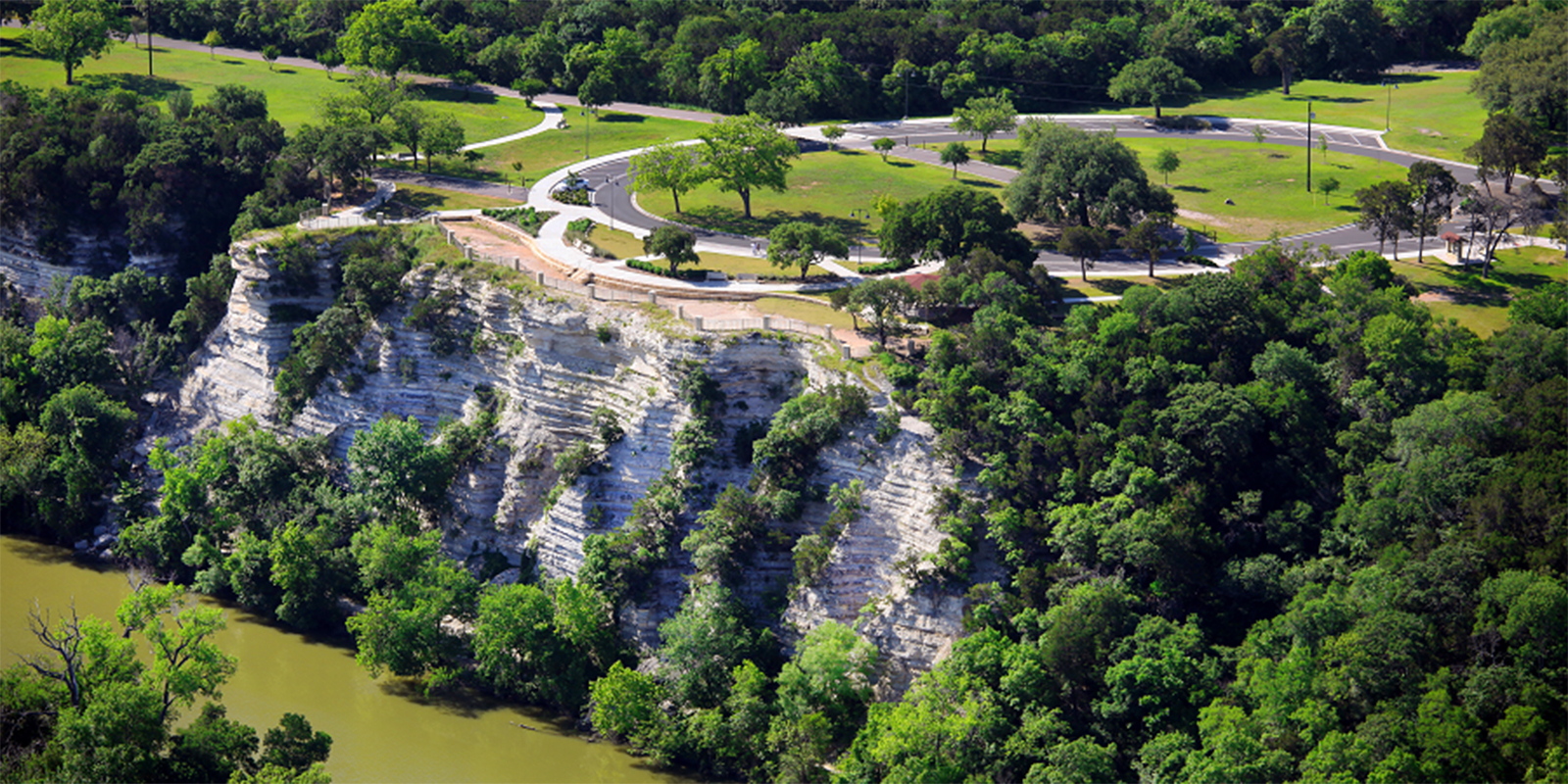Americans are happier in states that spend more on libraries, parks & highways, says BU research

Recent research from Baylor University has revealed that Americans are happier in states where governments spend more on public goods, such as libraries, parks, highways, natural resources, and police protection. The study — led by Dr. Patrick Flavin, a Baylor political science professor since 2010 — has been widely covered over the last month by such media outlets as the Washington Post, Bloomberg’s TicToc, Health Day, Texas Standard, even Telemundo.
It’s easy to see why this might be the case. Take roads, for instance; well-kept roads lead to less traffic, less traffic leads to more free time, more free time leads to opportunities for social connection, and social connection leads to happiness.
Live near a park or library in the U.S.? Chances are you live a happier life, according to a study by @Baylor University pic.twitter.com/OKn3mODE2d
— TicToc by Bloomberg (@tictoc) January 14, 2019
What makes this research unique is its focus on public goods. Public goods are things that are not profitable to produce in a private market, so if the government fails to provide them, they are either under-provided or not provided at all. Spending on these types of goods, however, makes communities more livable, with more amenities. Which leads to another plus: these benefits also tend to boost property values. What’s even better is that this type of spending generally benefits a wide spectrum of people — across income, education, gender and race/ethnicity lines.
Is the relationship between happiness and spending on public goods causation, or just correlation? Flavin says that can’t be told just from looking at the data. It’s possible that happier citizens tend to move to states that spend comparatively more on public goods, or that these citizens support higher spending on public goods and elect officials who will do so.
Either way, the connection is worth noting as we think about and discuss what’s best for our city, our state, our nation and our world.
Sic ’em, Baylor researchers!

